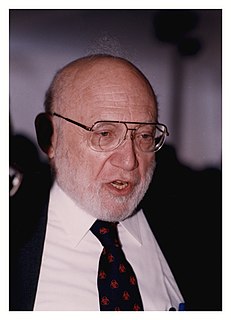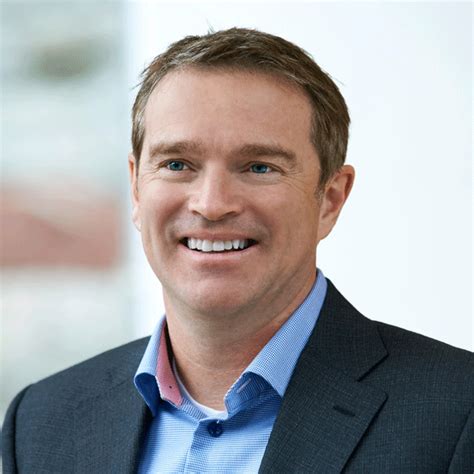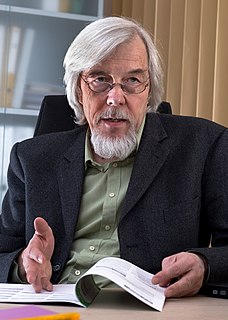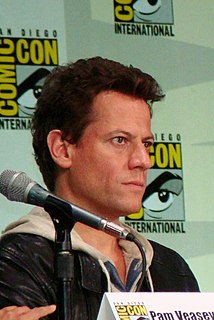A Quote by Patricia Leavy
Students are often taught when to use a particular method and how to use it, but not how to effectively write up their research plan and then later their research results.
Related Quotes
My book, Oral History: Understanding Qualitative Research is about how researchers use this method and how to write up their oral history projects so that audiences can read them. It's important that researchers have many different tools available to study people's lives and the cultures we live in. I think oral history is a most needed and uniquely important strategy.
I like as much time as I can get and I'll do whatever I think is helpful to prepare for a role. Sometimes it's practical research, meaning if I had to write shorthand, I'd learn how to write shorthand. Or if I have to know how to dance a certain way, I would learn that. And then there's just research of talking to people similar to the characters I'm playing. And there's stuff that I just feel is inspiring, whether it be music or a painting or a photograph. I've used a lot of Nan Goldin's photos in the past to inspire me. I use certain paintings and pieces of music.
I would ask, "How can one have a technological society without research? How can one have research without researching dangerous areas? How can one research dangerous areas without uncovering dangerous information? How can you uncover dangerous information without it falling into the hands of insane people who will sooner or later destroy the human race, if not the whole of life on earth?" Who knows? God only knows!
What is wrong with encouraging students to put "how well they're doing" ahead of "what they're doing." An impressive and growing body of research suggests that this emphasis (1) undermines students' interest in learning, (2) makes failure seem overwhelming, (3) leads students to avoid challenging themselves, (4) reduces the quality of learning, and (5) invites students to think about how smart they are instead of how hard they tried.
I cannot disagree with you that having something like 500 economists is extremely unhealthy. As you say, it is not conducive to independent, objective research. You and I know there has been censorship of the material published. Equally important, the location of the economists in the Federal Reserve has had a significant influence on the kind of research they do, biasing that research toward noncontroversial technical papers on method as opposed to substantive papers on policy and results
My stories usually begin with the characters and some elements of how power (personal, political, magical) functions in the world. The rest develops as I write, and research helps a great deal with that. If you're going to write about an agrarian economy, research agrarian economies. If your main character is starving, then you should know what it means for a malnourished body to break down.
I've never like had a system or a program, I always think that I don't know how to act. I'll adapt to any director because I don't really have a set way that I do things. If a director hires me and says, "I want you to get started right now and do this research, this research, this research and I want you to have every line memorized before you ever show up for the first day," then that's what I'll do.































